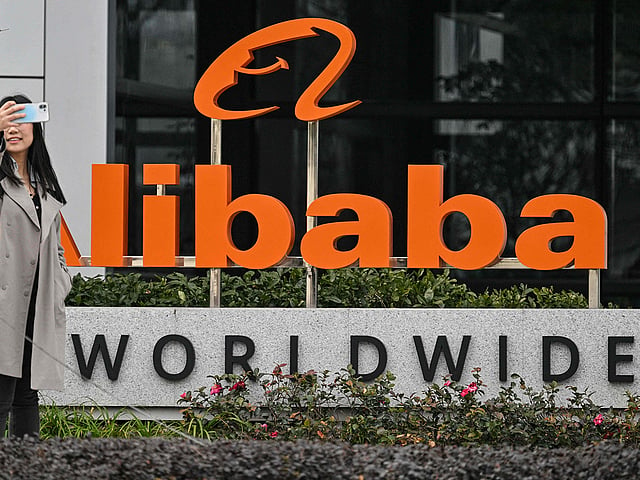With strategic backing from government-backed firms and tech giants, Zhipu’s funding highlights the intensifying competition in China’s AI sector following DeepSeek’s breakthrough.
Hangzhou, China — Zhipu, the Chinese AI startup backed by Alibaba and Tencent, has successfully raised more than 1 billion yuan ($140 million) in its latest funding round, underscoring the growing intensity of China’s AI sector. The round was led by Hangzhou Municipal Construction Investment Group Co. and Shangcheng Capital, both entities controlled by the local government of Hangzhou — the same city that is home to DeepSeek, the AI model that has recently captured global attention.
Zhipu’s latest round of investment brings the company’s valuation to approximately $3 billion, as reported during its May 2024 financing round. While the company did not disclose specific details about the funding or its investors in the WeChat statement, the significant interest reflects the growing excitement around AI in China, particularly after DeepSeek’s impressive debut earlier this year.
DeepSeek’s Success Sparks a New Era of AI Competition
DeepSeek, the AI startup that emerged in January 2025, has reignited the conversation around China’s AI capabilities. The company’s AI model has been hailed as a major breakthrough, with many claiming that it has outperformed some of the leading AI models in the West, all while operating at a fraction of the cost. This success has raised the stakes for AI development in China, prompting companies like Alibaba and Baidu to accelerate the race to develop large-language models (LLMs).
The rapid rise of DeepSeek has spurred a wave of competition between local giants such as Alibaba, Baidu, and Tencent, as well as with international heavyweights like OpenAI and Meta Platforms. Baidu, in particular, has been ramping up its AI investments and recently announced plans to issue about 10 billion yuan in offshore bonds to fuel its AI ambitions, according to a Bloomberg report.
Zhipu’s Growth and Future Plans
Zhipu’s latest funding round is part of a broader effort to establish itself as a major player in China’s AI space. Despite being added to the US Commerce Department’s trade restrictions blacklist in January 2025, Zhipu has pressed forward with its ambitions, denying any alleged links to the Chinese military and focusing on expanding its research and development capabilities.
The company has announced plans to unveil new AI models this year and open-source them, signaling its intent to foster greater collaboration and transparency in China’s AI ecosystem. The open-sourcing of models is part of a larger trend in the industry, with many developers hoping to accelerate the pace of innovation and attract a wider base of contributors from across the globe.
“We will unveil new models this year and open-source them,” Zhipu stated in its WeChat update, a clear indication that the company is committed to leading China’s AI innovation while navigating the challenges presented by the international tech landscape.
Government Support Fuels AI Innovation
The involvement of local government-backed firms in Zhipu’s latest financing round highlights the strategic importance of AI to China’s technological ambitions. Hangzhou, a city known for its vibrant tech ecosystem, has become a hub for innovation, with firms like Alibaba, DeepSeek, and now Zhipu, positioning themselves as central players in the country’s AI future.
The financial support from Hangzhou’s government-backed entities underscores China’s drive to solidify its position as a global leader in AI. Despite facing mounting challenges, including trade restrictions from the United States, Zhipu’s success in raising significant capital signals that domestic investors and government bodies are committed to nurturing the next generation of AI leaders.
A New Frontier for AI in China
As AI companies like Zhipu continue to thrive, they are reshaping the global AI landscape, posing new challenges to the dominance of Western tech giants. The intensifying competition, coupled with government backing and the open-source movement, suggests that China’s AI ecosystem is entering a new phase of rapid growth and innovation.
Zhipu’s latest funding round not only bolsters its position in the AI race but also reflects the broader trend of increasing investment and competition in the sector. As the company unveils new models and explores further collaboration, it is clear that China is poised to make even greater strides in AI technology — potentially altering the global power balance in artificial intelligence development.
Conclusion: China’s AI Landscape Heats Up with Zhipu’s New Funding
Zhipu’s $140 million raise is a clear sign of the escalating competition within China’s AI industry. With growing support from government-backed investors and tech giants, the company is preparing to compete on the global stage. As DeepSeek’s success continues to spark innovation and rivalry, the future of AI in China looks brighter — and more competitive — than ever before.















